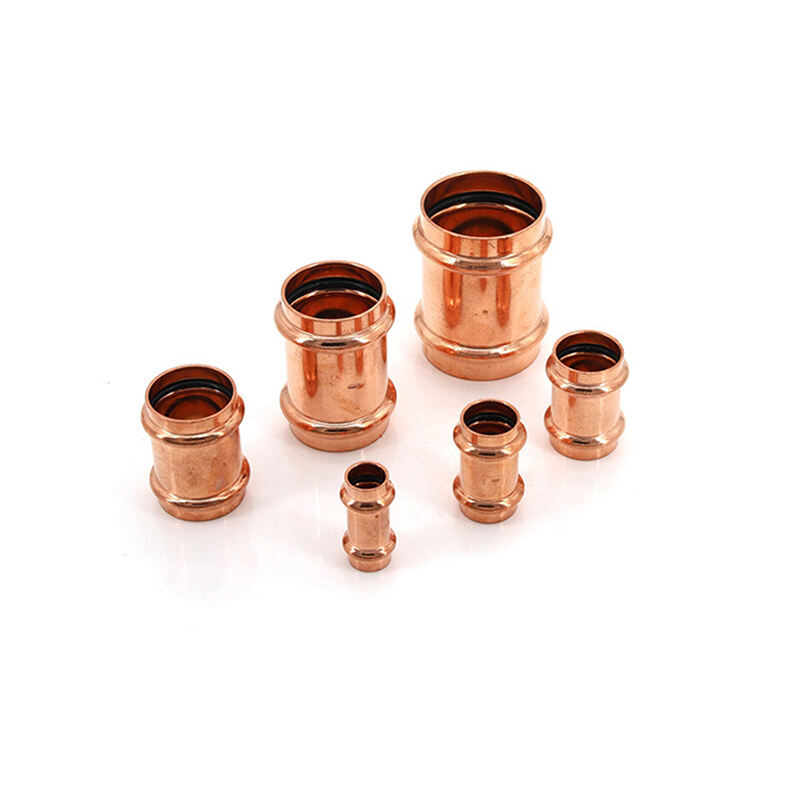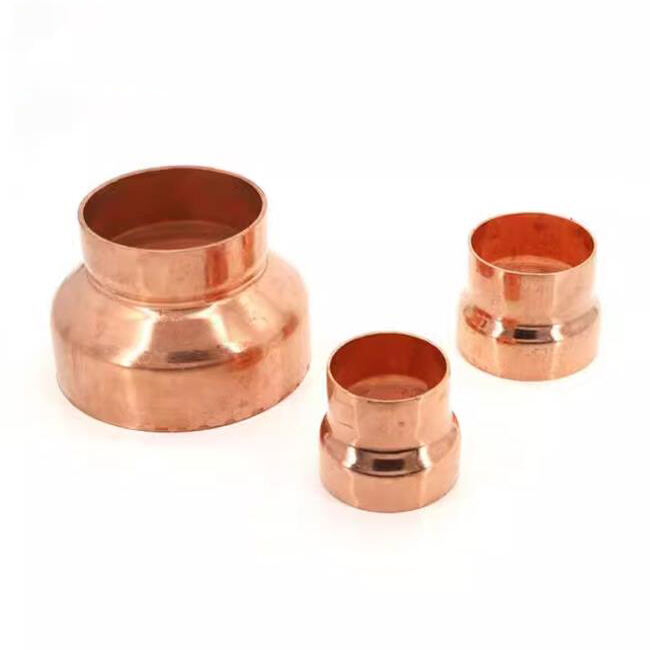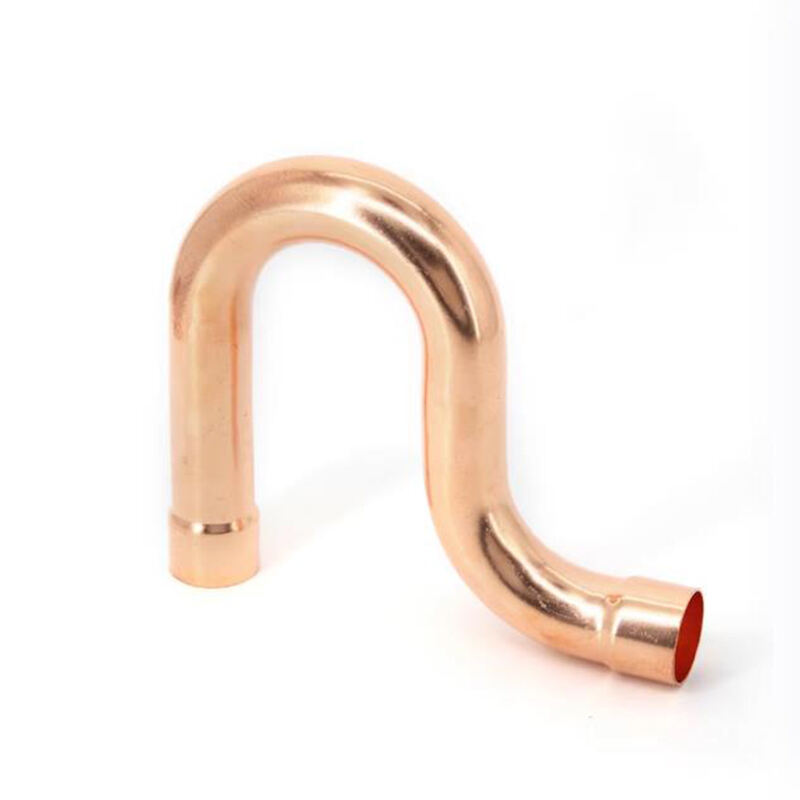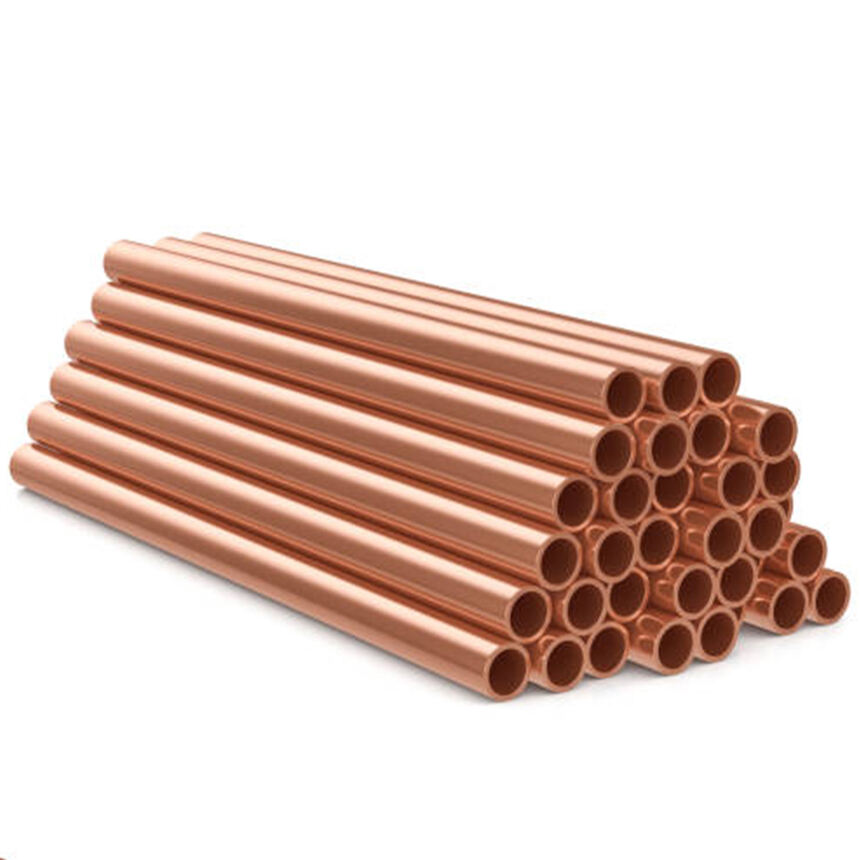Pipe adapters might seem tiny compared to the rest of the system, but they play a really important role in complex piping arrangements. These little connectors join pipes that come in all sorts of sizes, made from different materials, and have varying thread types. This connection lets everything flow smoothly across facilities whether it's water, gas, or chemical substances moving through the system. Industrial plants constantly modify their equipment and piping configurations, and that's where adapters become essential. They bridge compatibility issues between newer components and older infrastructure, preventing those costly leaks and breakdowns we all want to avoid. Copper, steel, plastic pipes don't matter much when there's an adapter available. What matters is that these connectors actually do their job keeping systems operational and secure day after day.
Common Types and Their Uses
There are plenty of pipe adapter designs out there, each made for specific connection jobs on the job site. Most plumbers will recognize male-to-female adapters, those threaded-to-non-threaded connectors, and the ever-useful metric-to-imperial versions. Male-to-female adapters basically take a pipe end with threads and connect it to a socket without them, forming a watertight seal when done right. For pipes with mismatched threads, we rely on threaded adapters to bridge the gap between different pitch sizes or thread types, which helps maintain smooth fluid movement through the system. When dealing with older systems versus newer ones, metric-to-imperial adapters become absolutely necessary so pipes measured in millimeters actually work with their inch-based counterparts without leaving gaps. Choosing the right adapter isn't just about size either; matching materials matters too, and always double checking pressure ratings against what the whole system needs is critical for long term reliability.
Design Considerations for Complex Integration
Engineers get pretty meticulous when designing piping systems that need adapters. They have to consider material expansion under heat, fluid velocity through those pipes, and potential chemical interactions at connection points. The stakes are really high in places like chemical processing plants or power generation facilities. A single wrong choice in adapter selection could lead to serious problems down the line from simple leaks all the way to catastrophic failures. That's why proper fit and durability against real world operating conditions matter so much. Manufacturing quality and precision machining aren't just nice to have features anymore they're absolute necessities for any adapter going onto production pipelines.
The Role of Pipe Adapters in Retrofitting
Across many manufacturing facilities, engineers face the challenge of upgrading equipment while working within existing constraints. When companies want better performance or increased production capacity, pipe adapters often play a critical role in connecting new components to aging infrastructure. Take a situation where factory installs cutting edge machinery with updated piping specs – instead of tearing out decades-old plumbing systems, technicians install custom adapters that bridge the gap between old and new standards. These solutions reduce costly shutdown periods during transitions and preserve capital expenditures made years ago on foundational systems. The real value lies in how adaptable these connections make the whole operation, allowing plants to evolve without complete overhauls every time technology advances.
Boosting Safety and Efficiency with Quality Pipe Adapters
Safety always takes priority over everything else in industrial settings, right? Pipe adapters play a big role here since they create those watertight connections while also simplifying maintenance work across the board. Get all the components properly connected and most plant managers will tell you the pressure remains stable throughout operations and fluid transfer happens without hiccups. Good quality adapters eliminate the need for constant welding jobs and special order parts too. Less welding equals reduced risk exposure for staff members plus projects wrap up quicker than waiting on custom fabricated solutions from suppliers who take forever to deliver.
Why You Should Choose Quality Manufacturing
Adapters play a critical role in ensuring system reliability across various applications. Jufang constructs these components using high-grade materials and subjects every production batch to rigorous quality checks according to industry benchmarks. Custom adapter solutions are developed to meet unique piping requirements found in sectors ranging from petrochemical processing plants to pharmaceutical manufacturing facilities and beyond. The company's emphasis on both accuracy and long-term resilience translates into dependable operation for clients facing challenging environments where failure simply isn't an option.









